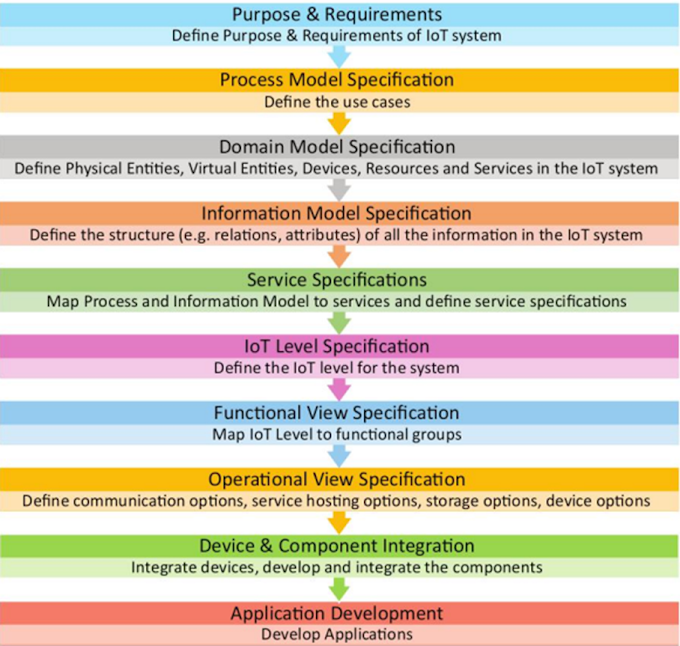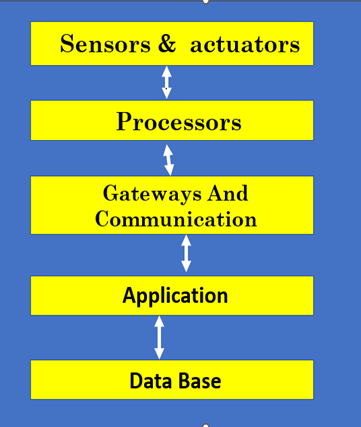Errors and Exceptions
·
Errors
are the problems/mistakes/bugs in a program that will stop the execution of the program.
·
It
is raised due to some internal events that occur and change the flow of the normal
program.
· The process of finding and eliminating errors is called debugging.
Types of Errors
Errors can be
classified into three major groups:
- ·
Syntax errors
- ·
Runtime errors
- · Logical errors
- ·
Out of Memory Error
- ·
Keyboard Interrupt Error
Syntax errors (parsing errors)
·
Syntax
errors are mistakes in the use of the Python language.
·
It
is due to spelling or grammar mistakes in a language like English.
Common Python syntax errors include:
- · Leaving out a keyword
- · Putting a keyword in the wrong place
- · Leaving out a symbol, such as a colon, comma, or brackets
- · Misspelling a keyword
- · Incorrect indentation
- · Empty block
Examples:
>>> while
True print('Hello world')
File "<stdin>", line 1
while True print('Hello world')
^
SyntaxError:
invalid syntax
In the example, the error is detected at the function print(), since a colon (':') is missing before it.
Runtime errors
·
If
a program is syntactically correct it will be run by the Python interpreter
exit program unexpectedly during execution so it is called a runtime error.
Examples of Python runtime errors:
- ·
Division
by zero
- ·
Performing
an operation on incompatible types
- ·
Using
an identifier that has not been defined
- ·
Accessing
a list element, dictionary value, or object attribute that doesn’t exist
- ·
Trying
to access a file which doesn’t exist
Example
|
# initialize the
amount of variable marks = 10000 # perform division with 0 a = marks / 0 print(a) |
Output:
Logical errors (Exception)
- ·
Logical
errors are the most difficult to fix.
- ·
In
this error the program runs without crashing but produces an incorrect result.
- ·
This
error is created due to mistake in the program’s logic.
- ·
No
syntax or runtime error has occurred in this error.
Some reasons that
generate logical errors:
- ·
Using
the wrong variable name
- ·
Indenting
a block to the wrong level
- ·
Using
integer division instead of floating-point division
- ·
Getting
operator precedence wrong
- ·
Making
a mistake in a boolean expression
- ·
Off-by-one,
and other numerical errors
Out-of-Memory
Error
- Memory errors are mostly dependent on system RAM and are related to Heap.
- If large objects (or) referenced objects in memory, then it will show OutofMemoryError (Source).
- It can be caused due to various reasons:
- · Using a 32-bit Python Architecture (Maximum Memory Allocation given is very low, between 2GB - 4GB).
- · Loading a very large data file
- · Running a Machine Learning/Deep Learning model and many more.
Handle the memory error by exception handling, a fallback exception for when the interpreter entirely runs out of memory and must immediately stop the current execution.
Python adopts the memory management architecture of the C language (malloc() function), it is
not certain that all processes of the script will recover — in some cases, a
MemoryError will result in an unrecoverable crash.
Keyboard Interrupt Error
The Keyboard Interrupt
exception is raised when you try to stop a running program by pressing ctrl+c or ctrl+z in
a command line
====================================================




0 Comments